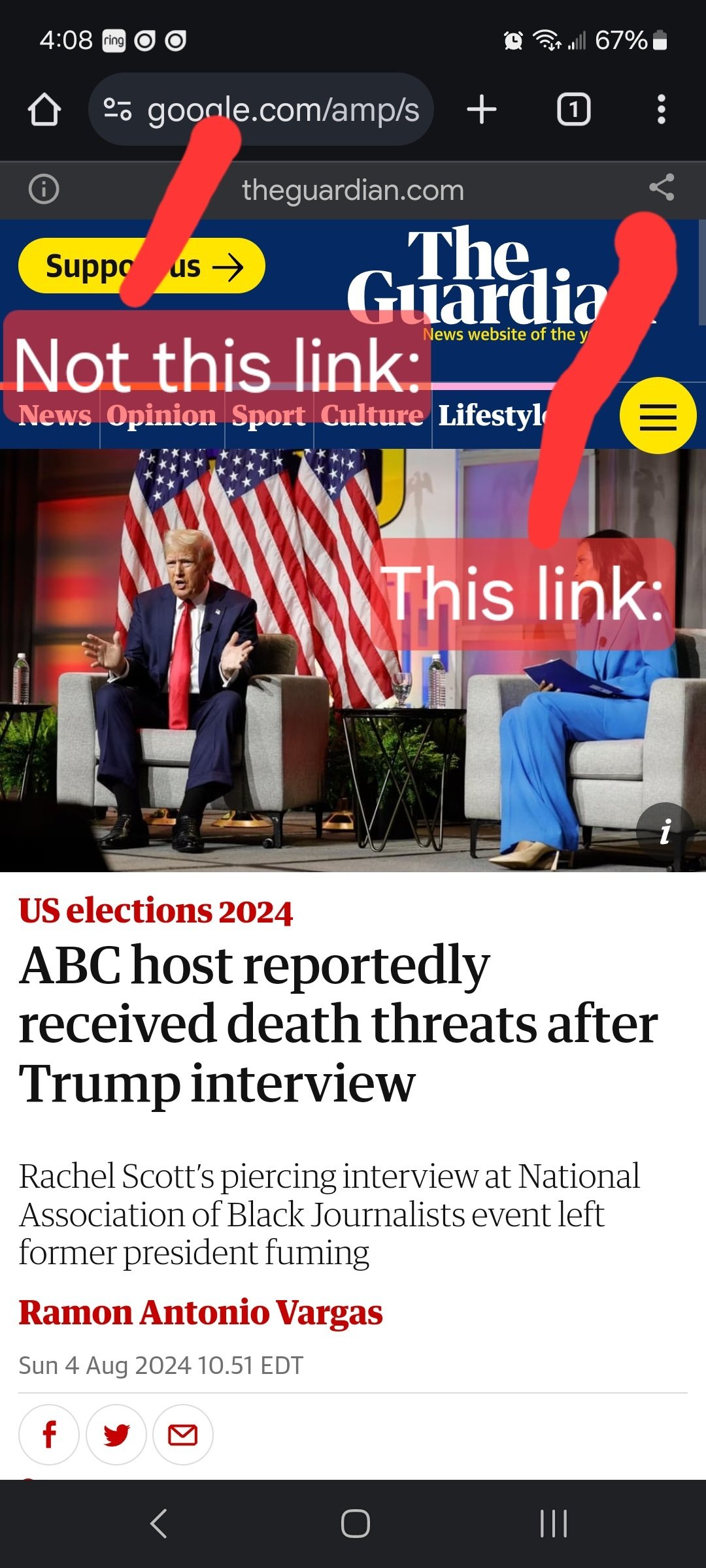The successor presidencies of Democrats Barack Obama and Joe Biden decried the power grabs Cheney pursued but mostly pocketed his gains for their own purposes. (In his case for unrestricted bombing in the Caribbean and Pacific, Gaiser cited Obama’s own marginalization of Congress to bomb Libya in 2011.) Trump now walks a red carpet of lawlessness, plutocracy and bloodshed woven by Cheney. An uncharismatic Nixon functionary—someone who might never have risen to power had Texas Senator John Tower not drunk himself out of a Pentagon appointment that instead went to Cheney—decisively shaped the destruction of constitutional governance in twenty-first-century America.
...
Cheney understood the catastrophe of 9/11 as an opportunity to accomplish and cement long-standing objectives. In the early days after the fall of the Soviet Union, Cheney’s Pentagon commissioned a study on the future course of American power from Paul Wolfowitz, an adviser who would later enjoy great influence in the Bush administration. The draft document prioritized the active prevention of a peer competitor to US power from emerging. The objective of US grand strategy would be to preserve military, economic and geopolitical preeminence indefinitely. As he would when he became vice president, Cheney relied on a corps of neoconservative intellectuals he cultivated to supply the pertinent rationales. For Cheney, the virtues of dominance were self-evident. After 9/11, they drove him to favor invading not only Afghanistan, but the unconnected country of Iraq, whose regime was an outlier in the world America bestrode. A document contained in an energy task force Cheney convened before 9/11, and that he went to extraordinary lengths to keep secret, detailed “Foreign Suitors for Iraqi Oilfield Contracts.“
...
In the months after 9/11, these Cheneyite lawyers, wielding their boss’ influence, created in the shadows an architecture of repression. Addington wrote a draft directive permitting the National Security Agency, in defiance of the Constitution and the Foreign Intelligence Surveillance Act of 1978, to establish a warrantless digital dragnet of phone and internet metadata generated by the communications of practically every American. Flanigan, aided by Yoo, wrote the 2001 Authorization for Use of Military Force that made the world into a battlefield at the direction of the president. They further permitted, encouraged, and protected the CIA in launching a regimen of torture-as-geopolitical-revenge, masquerading as intelligence gathering, as well as a network of secret prisons to detain the agency’s alleged-terrorist captives indefinitely. They declared that battlefield captives could be held as “unlawful enemy combatants,” deserving none of the protections of the Geneva Convention, and corralled them, without charge, into the military base at Guantánamo Bay until an end of hostilities that might never arrive. With the exception of CIA torture and much of the wholesale domestic acquisition of Americans’ metadata, these authorities and practices, in one form or another, persist to this day.
Cheney did all of this because his deepest conviction was that the presidency was an elected monarchy. Misconstruing an argument of Alexander Hamilton’s from Federalist 70, Cheney pursued what became known as the Unitary Executive Theory. It was predicated on the idea of an unencumbered presidency empowered to control every aspect of the executive branch, regardless of any affected office or agency’s intended independence from political decisions. Cheney had understood the post-Watergate reforms from Nixon’s criminal presidency as a congressional usurpation, and he intended to roll them all back. Excluding Congress from wresting any transparency from his secret Energy Task Force was, to Cheney, part of the point. After 9/11, Yoo contended that during wartime – a circumstance conceivably permanent in a War on Terror – presidential authority is all but plenary. He likes his argument a lot less now that Trump uses it to murder fishermen in the Caribbean, but, like his Bush administration colleagues, takes no responsibility for authoring the authoritarian usurpations of power that he now bemoans.

Gore ran against Bush, not Clinton. Clinton was termed out.